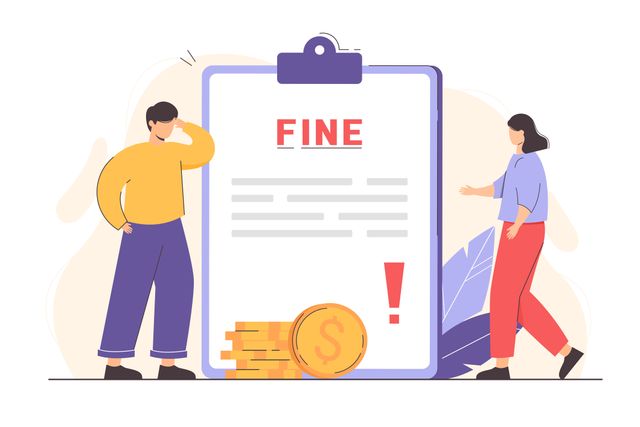In a move to give more money to professional musicians and to reduce payments to amateurs, bots and white noise, Spotify has announced an overhaul to its music streaming payment model — a model that’s remained unchanged since music streaming started in 2008.
Under the current streaming payment structure, listeners’ subscription fees are grouped together into one royalty pot. Labels and other copyright owners are paid on a pro-rata basis based on the number of streams from the recordings owned by each copyright owner.
But because any listen of 30 seconds or more counts as a stream for payment calculations, the same royalties are paid irrespective of whether the song was listened to through an active search or passively through a playlist.
With no method to distinguish between premium content, the streaming model is problematic. A track will be treated the same regardless of whether it was uploaded by a musician or whether it consists of purely white noise.
Aside from the ethical problems with a market that encourages a lack of creativity, the fact that an AI-generated track is remunerated on the same basis as a man-made piece of music means that the market can be manipulated. Goldman Sachs estimates that AI-generated content generated about $900m in royalties last year, 5% of the total market. In turn, the opportunity to manipulate the market leads to an oversupply of content: according to a Luminate report, 20.2 million new files were uploaded to music streaming services in the first half of 2023.
Responding to growing pressure from major record companies to change the way royalties are distributed, Spotify is reforming its model in three ways:
1. There will be a minimum threshold of 1,000 streams annually before a track generates a royalty. Spotify argues this better distributes payments to artists as the amount saved by the tracks not meeting the threshold will be redistributed back into the royalty pool.
2. As opposed to a 31 second listening threshold for a song, there will be a two minute listening threshold for functional music before it generates a royalty. Functional music includes white noise, nature sounds, machine noises, sound effects, non spoken ASMR and silent recordings. According to Spotify, many functional music tracks are broken down to 31 second segments on a playlist and listened to on repeat, a monetisation hack that Spotify wants to stop.
3. In line with fraud detection technology rolled out earlier this year, Spotify has announced plans to penalise distributors for fraudulent activity on its platform with a $10 fine for each fraudulent track.
Spotify hopes its overhaul can result in $1billion in royalties being re-allocated towards “real working artists” over the next five years. However, it is not the first platform to reform its streaming payment model.
In September, Deezer and Universal announced the “first comprehensive artist-centric streaming model” to promote the interest of professional artists. Defining “Professional Artists” as artists with a minimum of 1,000 streams per month and a minimum of 500 unique listeners, Deezer and Universal’s model doubles their royalty payments and also doubles it when a fan has actively searched for a track — potentially quadrupling the royalty payment a copyright owner will receive.
Deezer and Universal’s model also demotes music files created by AI and bots by giving no royalty payments to any track detected as “noise.” CEO Jeremy Folgueira said Deezer is “taking away incentives for people to upload a ton of crap that has very little value for the actual listeners.”
While Spotify and Deezer’s changes have been praised as reforms which will “ensure better support and reward artists at all stages of their careers,” it could be argued that Spotify and Deezer are inserting a barrier to entry with a model that diverts money from developing artists and redistributes it to the more powerful players. With their reforms, they may be fixing one problem now only to create a pipeline problem for the future.
This is particularly the case with Spotify due to its market dominance. With a 30% share of the streaming market (versus Deezer’s 1.5%), Spotify’s changes may be seen as anti-competitive.
In an open letter to Spotify, competition lawyer Amelia Fletcher writes: “While the proposed demonetisation might seem like a small change to Spotify’s policies, I would argue that it is akin to Amazon simply deciding not to pay the many small traders that account for the last 0.5% of its revenues.” By this logic, Spotify’s minimum stream thresholds may be pushing independent creators out of the market altogether.
Deezer and Spotify should be applauded for changing their model to favour real artists. However, further scrutiny and remodelling may be needed to ensure that all real artists are favoured regardless of their career stage.
How Spotify and Deezer continue to reform their models — and how the other streaming platforms choose to respond — will be interesting to watch.









